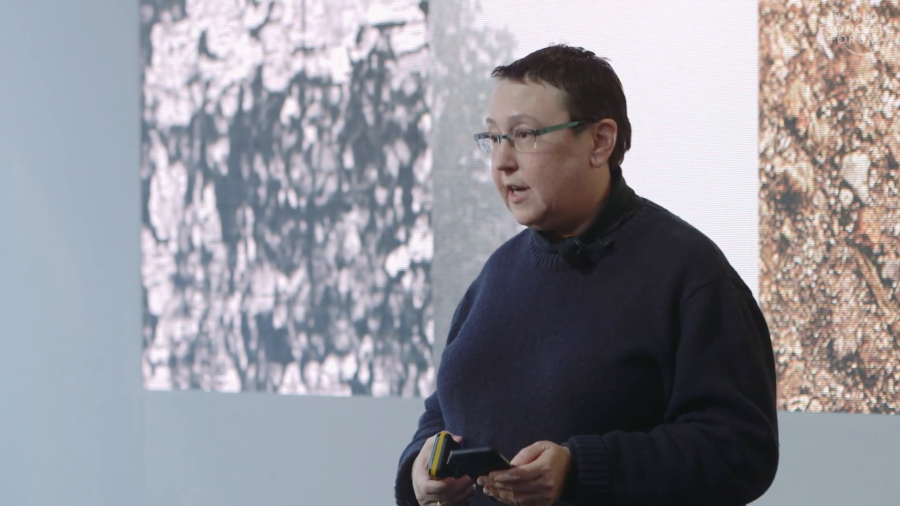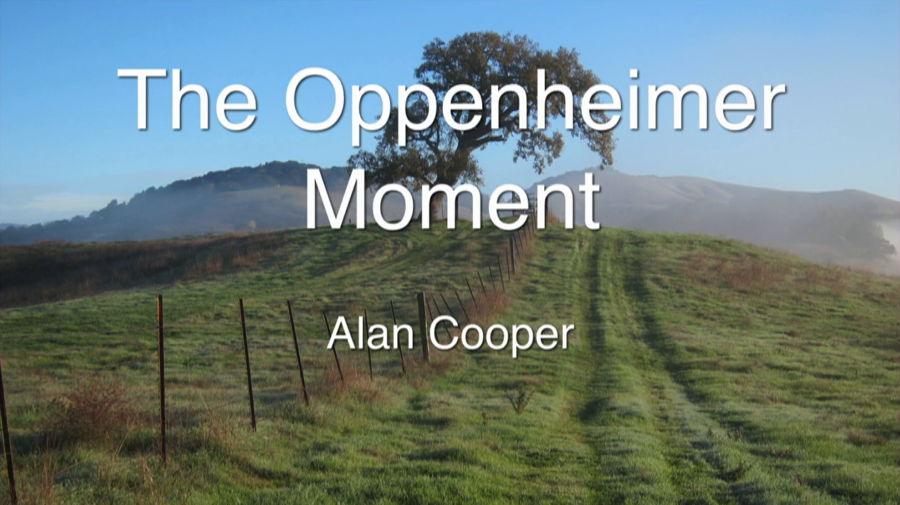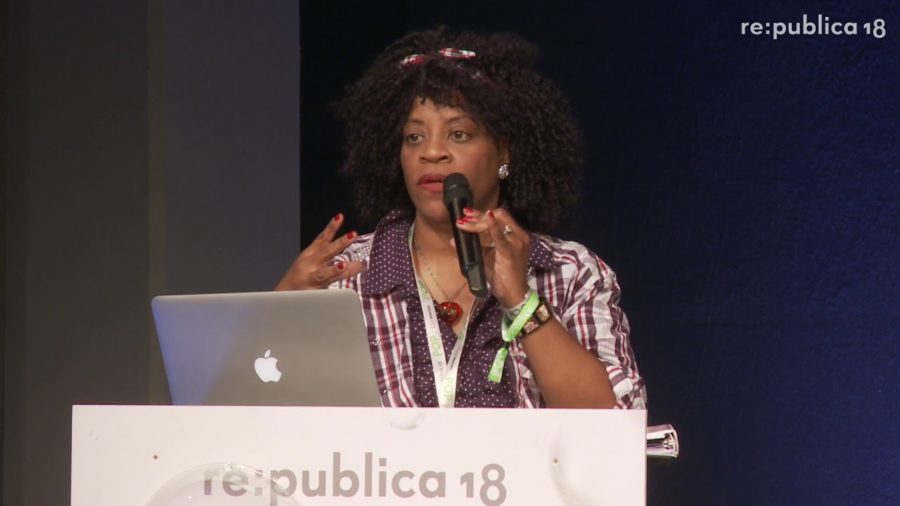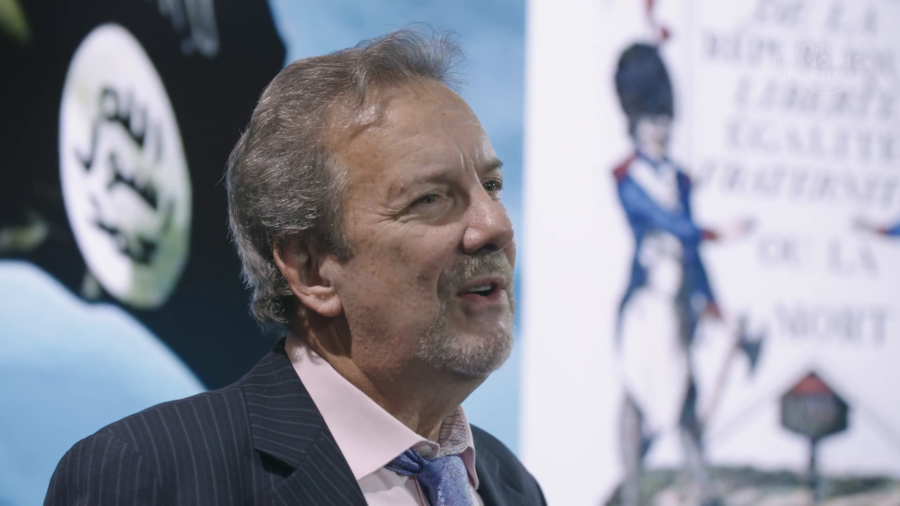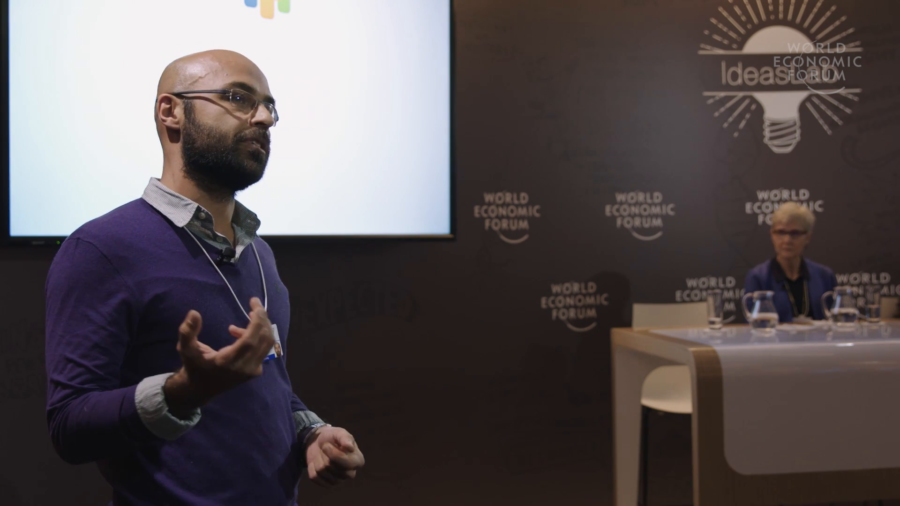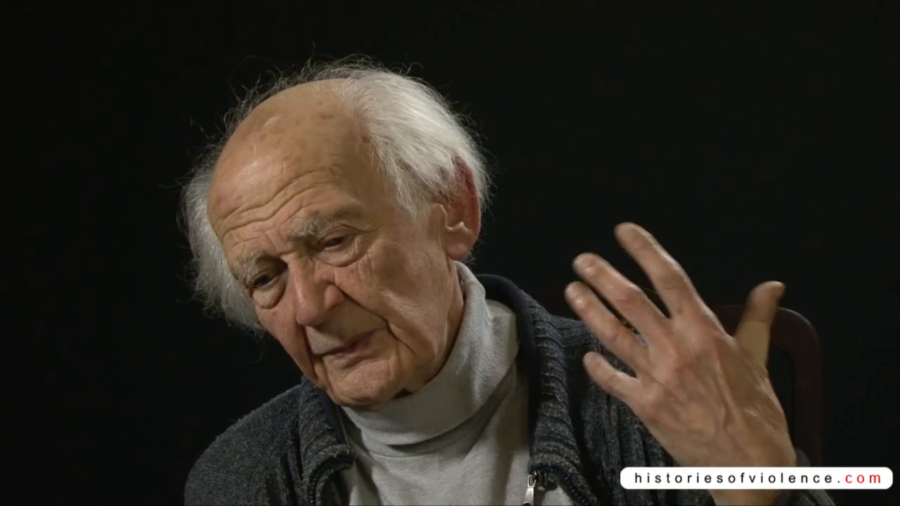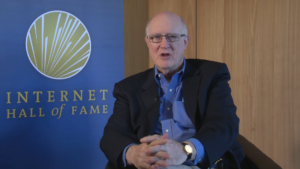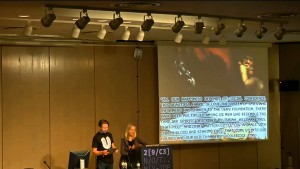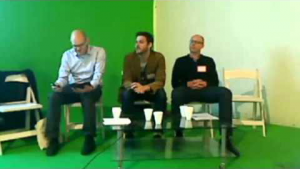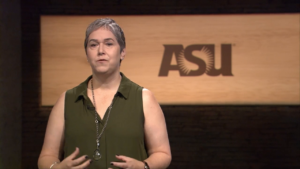The unrelenting pace of technologies is deeply ironic, given the original intent of them to make our lives more efficient and give us more time. But we can all attest that the actual effect of this escalation of efficiency has been to increase the pace of work and play in our worlds.
Steve Crocker’s Internet Hall of Fame 2012 Profile
presented by Steve Crocker
I've been involved with the Internet Society for virtually its entire life. Years ago, I had the good fortune to be involved with the early days of the ARPANET and played a small role in helping build some of the technology, and in building some of the social structures that brought everybody together. Read more →

